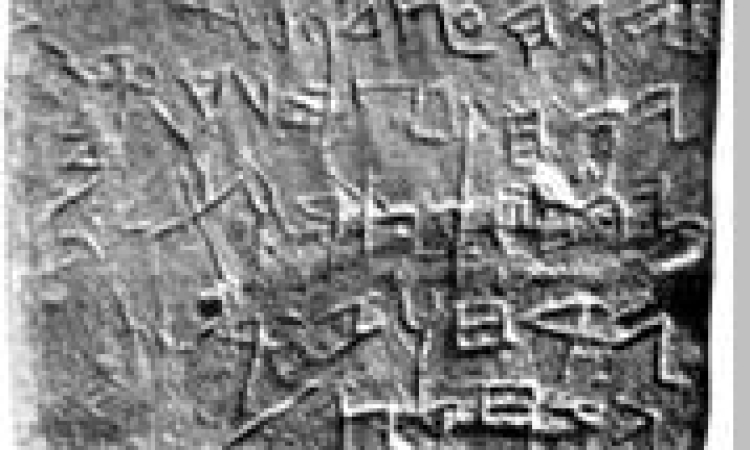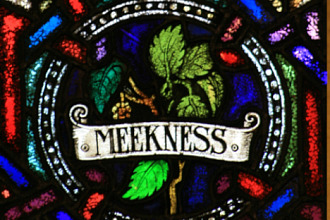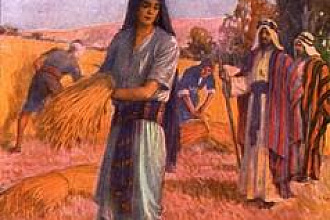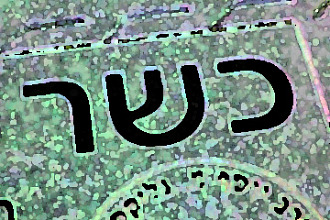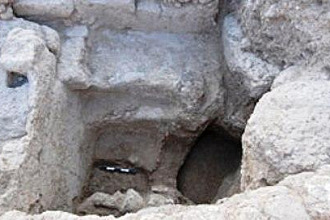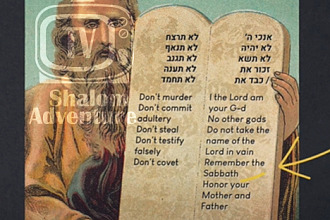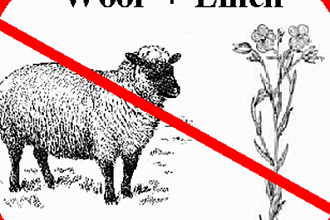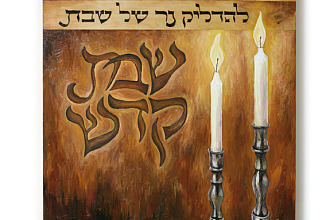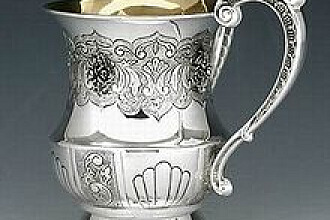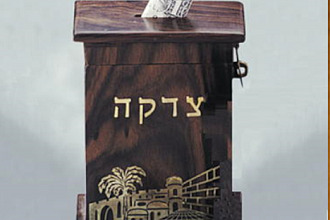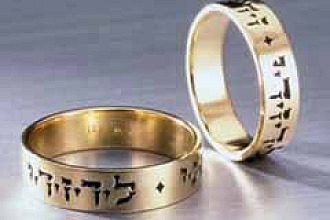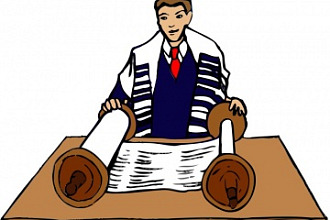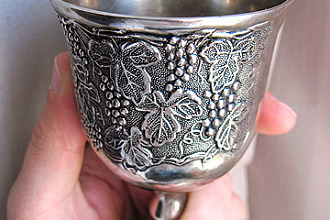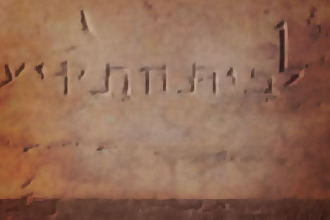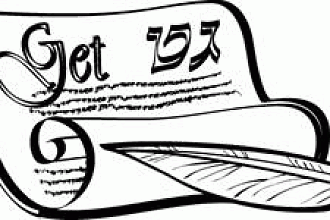Although the early history of the calendar is not clear, most scholars believe that the present calendar is a combination of two systems. One system began the year in spring and the other in autumn. In several places the Bible lists the festivals starting from the spring time.1 However, the autumn harvest festival is referred to as either at the end or the turn of the year.2 Another indication of the second calendar is found in the old names of months that are found there.3 At this period the years were reckoned according to year of the reign of the current Jewish king. One of the earliest Hebrew inscriptions which have been found is the c.10th century BCE Gezer Calendar, which lists an agricultural year beginning with the autumn harvest, written in ancient Hebrew script.
By the time of the Roman period Josephus was speaking of two new years one in spring and one in autumn.4 At the end of the 1st century CE the Jewish calendar had still not been fully accepted by all Jews. There was a famous dispute between Rabban Gamaliel II and Joshua ben Hananiah over the dates of festivals.5 While the Book of Jubilees and the sect of the Dead Sea Scroll community both observed a different calendar to other Jews.
(1.) Exodus 23, 14 - 19, Leviticus 23 and Deuteronomy 16.
(2.) Exodus 23, 16 and Exodus 34, 22.
(3.) Aviv in Exodus 23, 15, etc. Bul in 1 Kings 6 38, etc. Ziv in 1 Kings 6, 1 and Etanim in 1 Kings 8, 2.
(4.) Antiquities 1, 3, #3.
(5.) Rosh Hashanah 2, 8-9.
Originally found here

